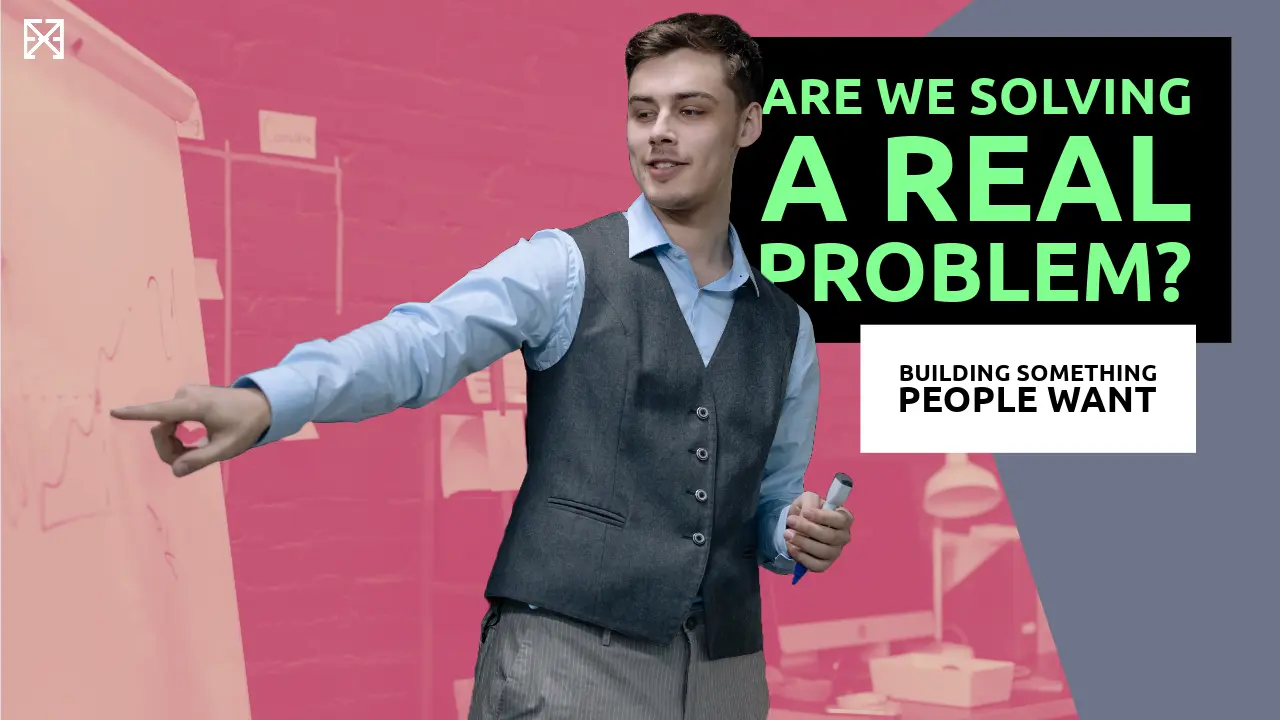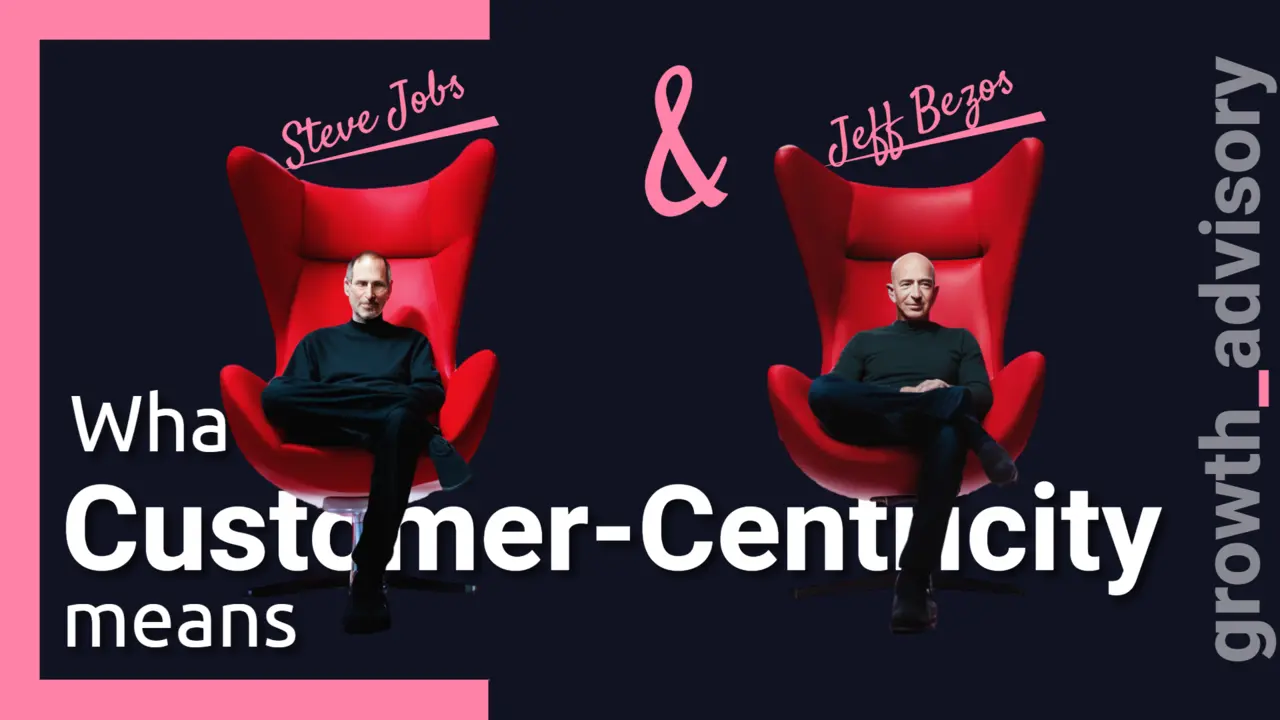My Biases Are Not Failures
I’m sitting in an important meeting and make a snap decision—maybe too quickly. Later, it turns out to be wrong. How did that happen? A moment of doubt that lingers. Why did I instinctively favor a colleague even when the facts said otherwise?
Our brain is a master of shortcuts—it tricks us faster than we realize. Situations like these aren’t rare; they shine a light on how our internal mechanisms shape our choices. These moments reveal a deeper truth: our brain operates on shortcuts.
Biases, or cognitive distortions, are systematic deviations in how we perceive and assess information. They come from the way our brain processes and simplifies decisions.
Here’s the kicker: Biases aren’t deliberate misdeeds, nor are they moral failings. They’re simply part of being human, and it’s okay to have them. What matters is how we deal with them.
Why does this matter?
Understanding that biases run on autopilot takes away the pressure to be perfect. These silent companions are part of our cognitive makeup—automatic processes that help us navigate daily life, sometimes for better, sometimes for worse.
Biases can lead to misjudgments, but they’re not inherently ethical missteps. They aren’t good or bad; they just are.
And that’s okay. Once we become aware of them, we have the power to make better, informed decisions and manage these unconscious influences. Recognizing them helps us make smarter choices.
What does this mean for you?
Whether at work, during negotiations, or when interacting with colleagues, ask yourself: Am I aware of how my perception is being shaped right now? The more you know your biases, the better you can question them and make wiser choices.
Biases affect more of our lives than we’d care to admit. But those who can identify and consciously manage them regain control.
Want to make better decisions?
Start by questioning your own biases and noticing the subtle moments when they influence your perspective. After all, we all want to make better choices.











